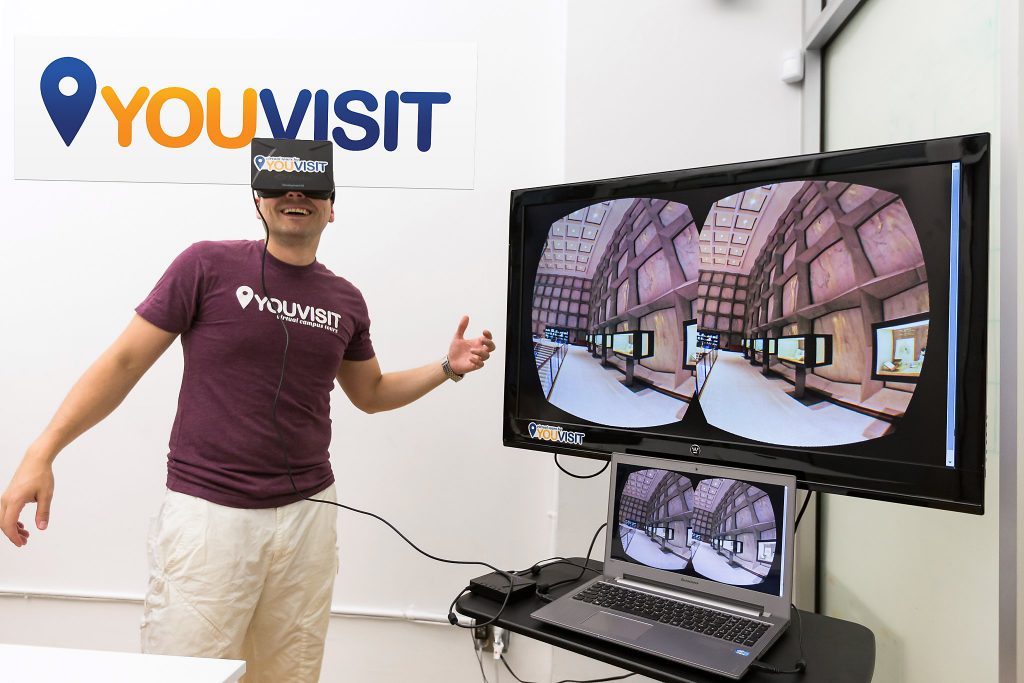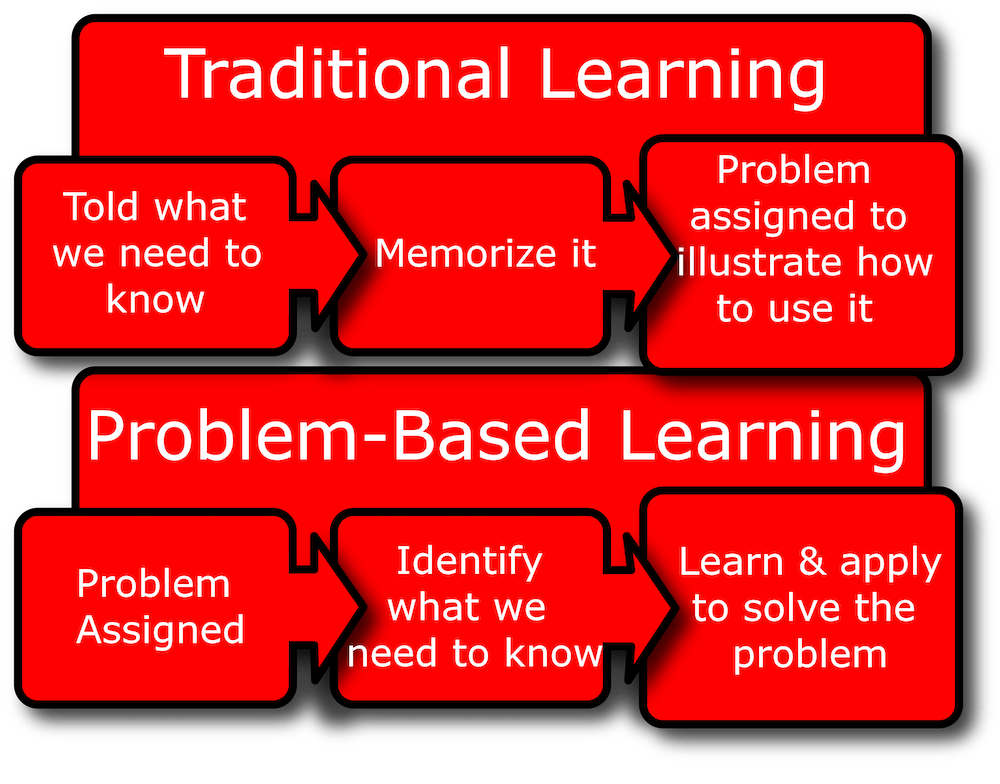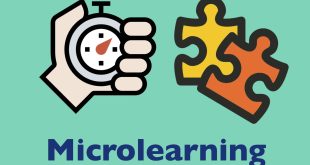8 Benefits of Virtual Education You Never Knew Before
Online education has become more accessible than ever before because of technological improvements, with most schools and universities now providing a huge selection of online graduate and undergraduate degree programs.
In an attempt to combat the spread of COVID-19, an increasing number of kids are opting to attend college online. Nowadays, whether you want to pursue a degree or a certificate in engineering, computer science, business, teaching, or another sector entirely, there’s a strong chance you’ll be able to do it online!
Here, we discuss the unexpected benefits of virtual education that people usually overlook!
Join Skolera Now for FREE
Table of Contents
What is Virtual Education?
In essence, virtual learning is based on the use of technology to deliver lessons to students. This is typically done using learning software that can be accessed from anywhere. Therefore, students and teachers are not obligated to physically attend school.

Benefits of Virtual Education
According to EducationData.org, “41% of students in 2020 believed that the quality of their college-level online learning experience was far superior to that of physical classroom learning.” Recently, lots of students started acclimating to virtual learning despite having a hard time with it at first.
We have discussed before the usual and immediate advantages of a virtual learning environment. However, there are some unexpected benefits of virtual education as well that go beyond the academic year.
Here are some benefits of virtual online education that you probably never thought about before.
Read more: Advantages and Disadvantages of Virtual Classrooms
-
Expand students’ horizons and mindset
One of the great benefits of a virtual learning environment is that it gives students the space to explore other cultures and students from other countries. This opportunity will make them new friends, teach them about other cultures, and broaden their mindsets as they will learn to accept and deal with people outside their usual circles.
-
More tech-savvy students
Technological skills can be added to the top of the list of the advantages of virtual learning. With consistent access to learning systems and online resources, students will become proficient in the use of modern educational technologies.
This is definitely better than an ICT lesson which is often more theoretical than practical.
-
More room for personalized learning
Personalized learning is an educational technique that aims to tailor learning for each student’s aptitude, demands, and interests. Using technology to enhance personalized learning is expected to take massive shape in schools and universities in 2022.
With learning management systems, teachers will have the opportunity to focus on individual students in a greater capacity.
-
Teach students time management skills
One of the great benefits of online education is that students can be more aware of their schedules. Unlike traditional schooling, which often takes away from students’ leisure time because of the fixed school hours, online learning can be more convenient and, thus, allow them to better their time management skills.

-
Interactive learning solutions with gamified learning
Gamified learning is the integration of game rules into the learning process. Its goal is to allow children to interact, work in teams, and engage in strategic thinking.
A good LMS platform will incorporate these features for the teachers’ use which will definitely keep students interested in the learning material.
Sign up for free
Benefits of Virtual Learning During COVID
Some studies concluded that there are numerous advantages of virtual classrooms during the lockdown. For example, SH!FT asserts that e-learning increases learning retention rates for students by 25%-60%. This shows that virtual learning allows students to be more in control of what they learn than traditional learning.
Statista also carried out a study that found that 43% of college students in the US regarded digital study technologies as extremely helpful for doing homework. This could be because with virtual learning all sorts of information are within reach.
Therefore, students are not stressed about having to memorize anything. Instead, they can focus on more important skills like research, time management, and more.
Benefits of Virtual Reality in Education
Virtual reality has become a huge concern for educators nowadays. Its appeal comes from its familiarity with students and its diverse uses. The benefits of virtual reality in higher education distance learning have also prompted more universities to adopt it in their pedagogy.
1. Comprehend complex subject matters
One of the best things about virtual reality in education is that students can more easily understand subjects that might be difficult on the first try. For example, biology or anatomy classes (in the case of higher education) can be better understood through visuals showing the human digestive system in virtual reality or the operations of a cell.
2. Interact with learning material
Virtual reality also allows teachers to focus on student-centred teaching. When the lesson’s focus is on the student, he/she will be included in the learning material. Therefore, with virtual reality, students will have the opportunity to interact and engage with the learning material be it Chemistry, History or even Mathematics.
3. Explore future careers/college tours
Today, several colleges offer high school students the chance to attend virtual campus tours. This saves students the time and effort that are lost in travelling to and from several universities when they are making their decisions.
Also, for those students who have problems taking a decision, they can now explore future careers using virtual reality mode in workplaces like factories, offices, agencies, and more.

Disadvantages of Virtual Education
As a result of the shift to online learning, some students may find it difficult to concentrate in class in this non-traditional setting. The majority of students take virtual classes from the convenience of their own homes, sometimes even from their beds!
This results in boredom and a lack of motivation to devote time and effort to learning the subject.
Also, for students that require greater concentration and commitment, an online lecture, unlike the actual sense of a classroom, may be difficult. As a result of gaps in their grasp of the learning subject, some students are confused by their assigned tasks or feel helpless.
Another point worth mentioning is student-student communication. In traditional classrooms, student participation would be there without any effort on the part of the instructor.
The dilemma is particularly troublesome in an online context since students seldom connect with their peers throughout the course, which is largely focused on giving lesson content.
Students may be hesitant to participate actively in an online class because of the absence of interaction.
Get started Skolera for FREE
New Educational Trends to Try in the Virtual Classroom
-
Game-based learning
Game-based learning is the technique of incorporating game concepts into the learning experience. Its ultimate goal is to inspire students to participate in strategic thinking by encouraging them to engage, collaborate, and work in groups.
Incorporating game-based learning into the classroom is a certain approach to get pupils back on track and engaged in learning. Introducing the idea of digital badges as a kind of reward where students can track their progress and be proud of what they have accomplished thus far is one of the required parts of gamifying the classroom.
This is also a great approach to building their self-esteem and creative abilities. Students will enjoy this strategy since it will keep them interested while also benefiting them.
-
Project-based learning
Students can benefit from tasks that require them to be creative, ingenious, and resourceful, such as inventing a product, making a short film, conducting interviews outside of the classroom, or even constructing a simulation based on class material.
By the end of the project, the students should be able to present the finished version to a live audience in order to test and receive feedback on their work. Students by then would learn the value of cooperation, honest and creative thinking, problem-solving, and planning.
If you want to try out new techniques, check out this article about the best virtual classroom software in 2022.
Collaborative learning
Students learn through discussion, peer evaluation, group activities, and debate-based teaching in collaborative learning, which is centred on group or peer learning. Many LMS platforms support collaborative learning by providing simplified and easy-to-use dashboards where students may engage in a single system.
More about Learning Management Systems.
-
Problem-based learning (PBL)
Problem-Based Learning (PBL) is a teaching style in which students are taught ideas and principles via the use of challenging real-world issues rather than the typical presentation of facts and concepts. PBL may help students acquire critical thinking skills, problem-solving capacities, and communication skills if it is incorporated in the course content.

These are some benefits to problem-based learning for students:
- Learn teamwork
- Become more literate in research methods and techniques
- Understand the tenets of critical thinking
- Learn the importance of analytical skills
- Become more articulate when explaining concepts and thoughts
- Work independently
- Learn leadership qualities
Today, virtual education is always changing; educators are trying to use it to their benefit by studying possible new techniques that can maximize students’ learning experience.
This article was concerned with discussing the not-so-obvious benefits of virtual education that might encourage more schools and teachers to shift to this rich and adaptable mode of teaching.
Book FREE Live Demo Now
 Skolera LMS Blog Educational Technology Articles and News
Skolera LMS Blog Educational Technology Articles and News




